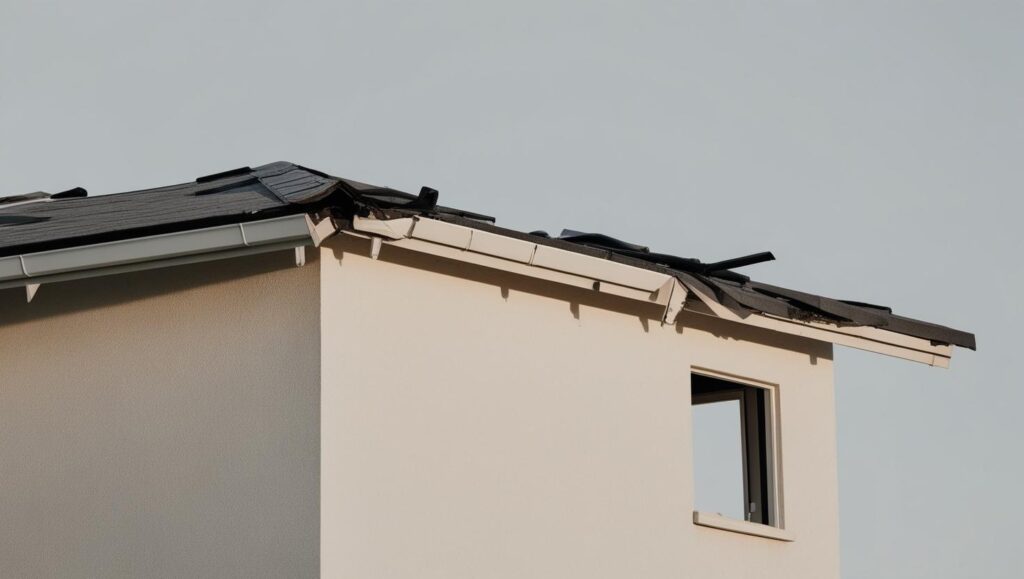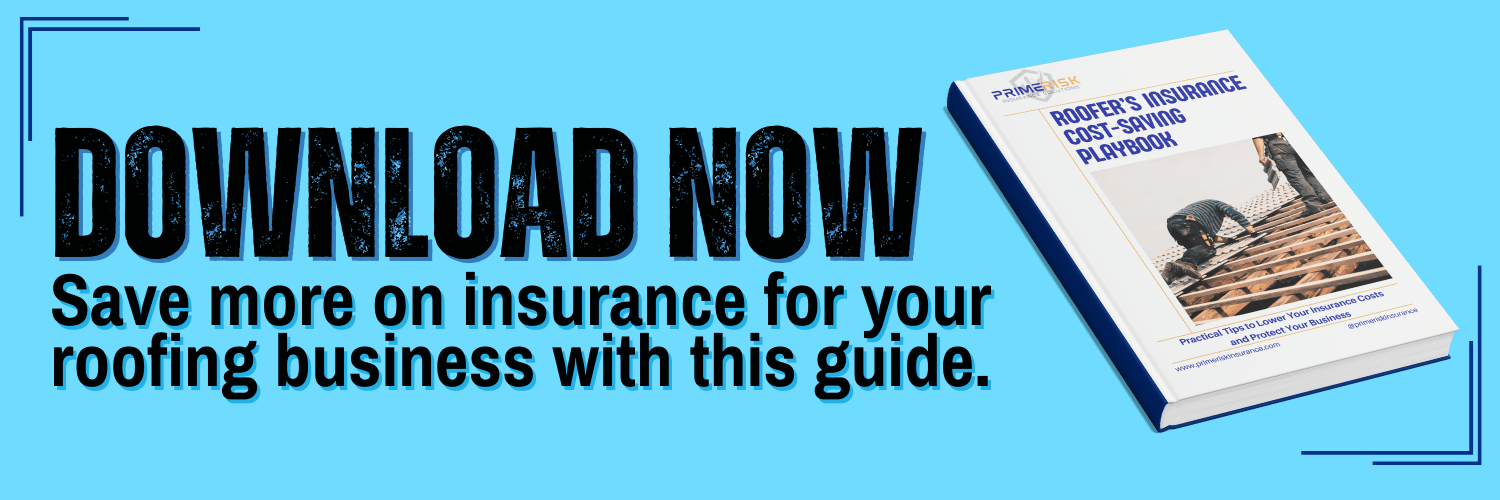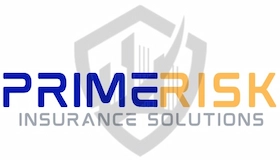Roofing contractors in Arizona operate in a high-risk industry where proper insurance coverage is not just recommended—it’s essential. Whether you run a small business or a large company, having the right insurance protects your operations, ensures compliance with Arizona’s laws, and builds trust with clients.
In this guide, you’ll learn exactly what insurance coverage is required, how much it costs, and the legal consequences of non-compliance. We’ll also explore additional coverage options that can help safeguard your business.
Why Roofing Contractors Need Insurance
Roofing contractors face unique risks, including workplace injuries, property damage, and legal disputes. The right insurance coverage helps:
- Protect your business from financial risks due to accidents, injuries, or lawsuits.
- Ensure compliance with Arizona’s Registrar of Contractors (AZ ROC) regulations.
- Build trust with clients by demonstrating professionalism and reliability.
Below, we’ll break down the essential and recommended insurance policies for Arizona roofing contractors.
Required Insurance for Roofing Contractors in Arizona

While Arizona does not mandate general liability insurance statewide, some coverages are required for roofing contractors to operate legally.
General Liability Insurance (Recommended but Often Required by Clients)
- Covers third-party injuries and property damage.
- Typical coverage limits: $1,000,000 per occurrence, $2,000,000 aggregate.
- Many clients and project contracts require this coverage.
Workers’ Compensation Insurance (Mandatory for Businesses with Employees)
- Covers medical expenses and lost wages for injured employees.
- Required by Arizona law to protect workers on the job.
- Roofing labor costs can lead to premiums as high as 8.87% of payroll.
Commercial Auto Insurance (Required for Business Vehicles)
- Covers company vehicles used for transporting workers, tools, and materials.
- Recommended to add comprehensive coverage for theft and non-collision damages.
Additional Recommended Coverage for Roofing Contractors
To fully protect your business, consider these additional insurance policies:
- Builder’s Risk Insurance – Covers damage to buildings under construction from fire, theft, or vandalism.
- Inland Marine Insurance – Protects tools and equipment while in transit or at job sites.
- Professional Liability Insurance – Covers claims of negligence, errors, or omissions in design and advisory services.
- Pollution Liability Insurance – Essential for contractors handling hazardous materials.
- Equipment Coverage – Protects against theft or damage to expensive machinery.
- Flood Insurance – Arizona’s flash floods pose a risk to construction sites.
Key Factors That Impact Roofing Insurance Costs in Arizona
Several factors influence the cost of insurance for roofing contractors:
- Business size and revenue – Larger businesses with more employees pay higher premiums.
- Experience and claims history – More experienced contractors with fewer claims receive lower rates.
- Type of projects – High-risk projects, such as steep-slope roofing, tend to increase costs.
- Coverage limits – Higher coverage limits provide better protection but raise premiums.
- Service area – Working in multiple regions or high-risk areas can result in higher premiums.
Estimated Insurance Costs for Arizona Roofing Contractors
| Insurance Type | Required? | Estimated Cost | Key Benefit |
|---|---|---|---|
| General Liability | Often | $3,000/year | Covers property damage claims |
| Workers’ Comp | Yes | 8.87% of payroll | Pays for employee medical bills |
| Commercial Auto | Yes (if vehicles used) | Varies | Covers vehicle-related incidents |
Insurance costs vary based on the size of your business, the number of employees, and risk exposure.
Legal and Financial Consequences of Not Having Insurance

Failing to carry the required insurance can result in serious penalties, including fines, license suspension, and lawsuits.
Fines and Business Closure
- $1,000 fine for not having workers’ compensation insurance.
- Immediate business shutdown until proof of insurance is provided.
License Suspension or Revocation
- The Arizona Registrar of Contractors (AZ ROC) can suspend or revoke a contractor’s license for non-compliance.
Legal Action and Lawsuits
- Civil lawsuits from property owners or injured employees.
- Criminal charges for failing to provide workers’ compensation.
- Subrogation claims from insurance companies seeking reimbursement.
Project Delays and Contract Violations
- Building inspectors may issue stop work orders, delaying projects.
- Clients may sue for breach of contract if proper insurance is not maintained.
Case Example: Why Compliance Matters
In 2022, an Arizona roofing contractor was fined $10,000 and had their operations shut down due to non-compliance with workers’ compensation laws. The company not only lost revenue but also faced legal action from injured employees. This case highlights the financial and legal consequences of failing to carry proper insurance.
The Impact on Employees
When roofing contractors fail to obtain workers’ compensation insurance, they put their employees at significant risk:
- No guaranteed medical or wage benefits for injured workers.
- Employees may face financial hardship due to medical bills and lost income.
- Legal action may be required for workers to recover damages.
- Unsafe work conditions increase without insurance-mandated safety protocols.
Providing the right coverage ensures worker safety and protects your business from liability claims.
How to Protect Your Roofing Business with the Right Insurance
Arizona roofing contractors must secure proper insurance coverage to operate legally and avoid financial risk. Working with an experienced insurance provider can help tailor a policy that meets your business needs.
- Review your insurance policies annually to ensure compliance.
- Work with a specialized agent to get coverage suited to high-risk industries.
- Prioritize worker safety and legal compliance to reduce premiums and claims.
Now that you understand the insurance requirements and risks, your next step is to consult with an insurance expert to ensure your business is fully protected. Taking action today can prevent costly fines, lawsuits, and disruptions to your operations.

